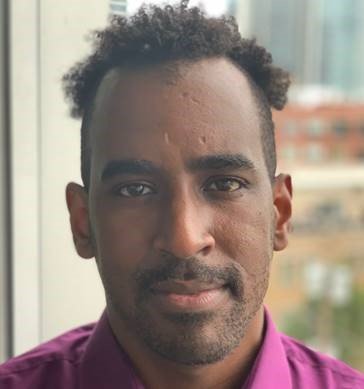NYAPRS Note: As part of New York’s continued efforts to reduce disparities in the provision of mental health services and outcomes, the NYS Office of Mental Health (OMH) will be hosting a webinar on implementing Diversity, Equity, Inclusion, and Belonging within the mental health system. See below for more information, including registration information.
OMH’s Strategies for Mental Health Equity Webinar Series
Implementing Thoughtful and Practical DEIB Initiatives
8/10 @ 3pm
Click to Register
Overview: Mental health treatment disparities are both deep and persistent. Despite these inequities being well-known and a variety of evidence-based models being deployed to address them, our healthcare systems and policies often struggle to generate meaningful reductions to disparities in access, quality and treatment outcomes. These disparities have been particularly and uniquely resilient in racial/ethnic minority populations, highlighting the need for more thoughtful and practical Diversity, Equity, Inclusion, and Belonging (DEIB) initiatives. Cultural competence is frequently articulated as a “silver bullet” solution to improving provider engagement, but less frequently considered is providers’ enthusiasm, readiness, and the extent to which providers otherwise can undertake substantive DEIB actions. As part of this interactive talk, the qualities and follies of cultural competence are explored, and new approaches to provider reflexivity and cross-cultural clinical engagement are proposed.
Presenter Bio: Dr. Jerel Ezell is a social epidemiologist and assistant professor in General Internal Medicine at Weill Cornell Medicine, and a Fulbright Scholar. Dr. Ezell also serves as the Director of the Cornell Center for Cultural Humility, a multi-disciplinary training center focused on education around cultural responsiveness in research, clinical practice, education, and policy. Dr. Ezell’s fieldwork and teaching focus on mental health disparities and social inequities in the industrial and post-industrial Rust Belt and urban Northeastern America, emphasizing psychological trauma, opioid use disorder, and violence. His current projects focus on mental health outcomes in Flint, Michigan, following the city’s water crisis and the racial and ethnic aspects of opioid overdose. He earned a Doctor of Philosophy in Sociology (PhD) from the University of Chicago, a Master of Public Health (MPH) from Columbia University, and a Bachelor of Arts (BA) in anthropology from the University of Michigan.

